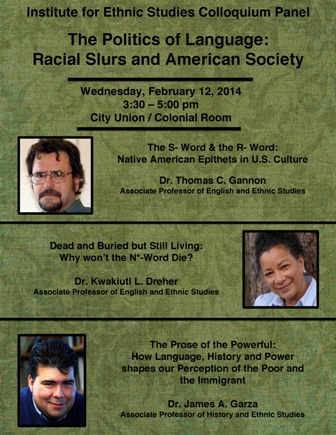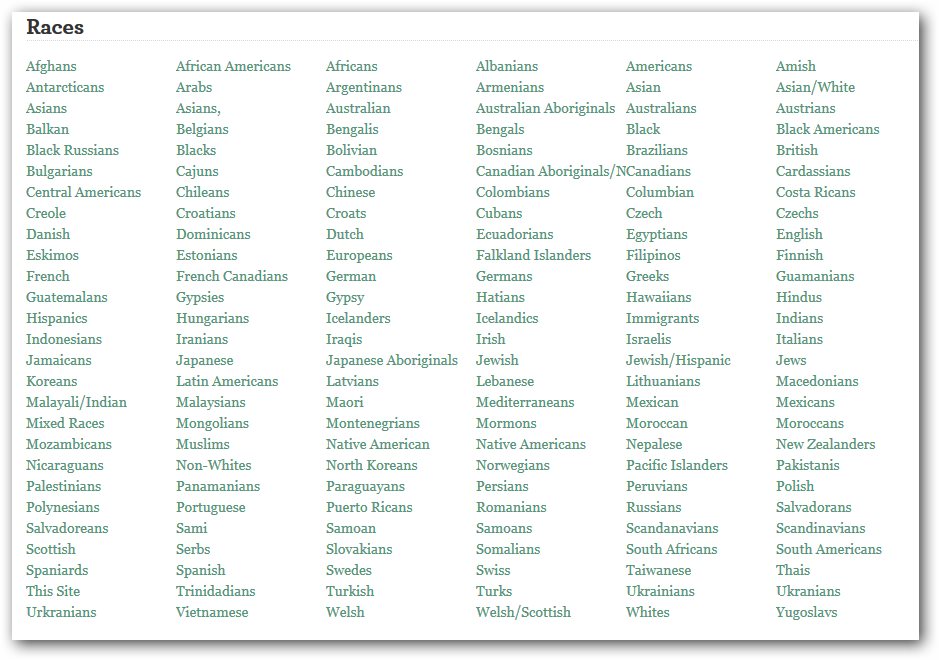Is 'Kook' A Racial Slur? Unpacking The Controversy And Context
Imagine you've named your creative work, perhaps a Wattpad book, with a word you believe is harmless, only to have a reader tell you it's a racial slur. This is precisely the dilemma faced by many when encountering the word "kook." A quick Google search might yield little to confirm its status as a slur, leading to confusion. So, what's the truth? Is "kook" a racial slur, and if so, against whom?
Understanding the nuances of language, especially when it comes to offensive terms, is crucial. Words carry weight, history, and impact. This article aims to shed light on the various meanings and controversial uses of "kook," drawing from different perspectives and historical contexts.
Understanding What Constitutes a Racial Slur
Before diving into "kook," let's establish what a racial slur is. Racial slurs are offensive words or phrases that are used to insult or degrade an individual or group based on their race or ethnicity. They can range from derogatory terms used to describe an entire race or ethnic group to individual insults directed at someone of a certain racial or ethnic background. The intent behind such words is typically to dehumanize, belittle, and reinforce prejudice, making them deeply hurtful and harmful.
The Common Confusion: "Kook" vs. "Gook"
One of the primary reasons for the widespread confusion surrounding "kook" is its phonetic similarity to "gook." It's important to clarify that "gook" is unequivocally a highly offensive racial slur. Its usage dates back to the Korean War and especially the Vietnam War, where it was primarily used by American soldiers to refer to communist soldiers, and later, all Vietnamese people. It has also been historically applied to Koreans and, at times, to all Southeast Asians in general. "Gook" is considered to be one of the most derogatory and dehumanizing terms in the English language, reflecting a long history of racial animosity and conflict.
Given the strong and undeniable offensive nature of "gook," it's understandable why people might mistakenly assume "kook" carries the same weight, or why the two words might be conflated.
Delving into "Kook": Multiple Meanings and Controversies
Unlike "gook," the word "kook" has a more complex and varied etymology and usage. Its meaning can shift dramatically based on context, intent, and the community in which it's used.
"Kook" as a General Insult
In its most common usage, "kook" is an informal, often derogatory, term for a person who is eccentric, strange, crazy, or foolish. It can imply that someone is unconventional, a bit odd, or even dangerous in their behavior. For example, someone might be called a "kook" for holding bizarre beliefs or acting in a peculiar manner. In the surfing community, "kook" has a specific negative connotation, referring to an inexperienced or obnoxious surfer who disregards etiquette and safety.
In these contexts, while the word is insulting and can certainly be offensive to the person being called a "kook," it is generally not considered a racial slur. Listeners typically wouldn't object to the word itself on racial grounds, but rather on the grounds that it's an insult to someone's sanity or competence.
"Kook" as a Racial Slur: The Korean/Asian Connection
This is where the controversy truly lies and where the Wattpad author's reader's concern becomes valid. Despite its more common non-racial uses, there is a documented understanding, particularly within certain communities and databases of offensive language, that "kook" *is* used as a racial slur to refer to Koreans and, by extension, other Asian individuals.
The data suggests that if "kook" is used specifically in reference to a Korean or an Asian person, then the intent behind it is almost certainly malicious and racially charged. While this usage might not be as widely recognized or documented in mainstream dictionaries as "gook," its existence as a derogatory term within certain circles is acknowledged. It's akin to some slurs that might be regional or less universally known but are deeply offensive to the target group.
The impact of a word is often determined by how it is received by the group it targets. If a Korean or Asian person perceives "kook" as a racial slur when directed at them, then for them, it functions as such. This highlights the importance of listening to and respecting the experiences of marginalized communities regarding offensive language.
Other Historical Contexts for "Kook"
Adding another layer of complexity, some sources indicate that the word "kook" has also been used historically to degrade and dehumanize white people. While this usage might be less prevalent today, it illustrates that words can evolve and be weaponized against various groups over time. This further complicates a simple definition, emphasizing that context and historical application are key to understanding a word's full impact.
The Korean Character Nuance: "ㅋ" + "국" = "쿡"
It's also important to distinguish "kook" (the English word) from a similar-sounding Korean term. In Korean, the character "ㅋ" (which represents a 'k' sound) can be combined with "국" (guk, meaning soup or country) to form "쿡" (kuk or cook). This "쿡" can be used as a term of endearment or a nickname, especially in informal contexts or when referring to someone named "Kook" or "Cook." This Korean term has absolutely nothing to do with the English slur and is a completely separate linguistic entity. It's crucial not to confuse a genuine Korean term of endearment with an English word that carries potential racial baggage.
Why the Discrepancy in Information?
The reason why a simple Google search for "is kook a racial slur" might yield inconclusive results lies in several factors:
- Varying Recognition: Not all slurs are equally recognized or documented in mainstream dictionaries or news outlets. Some are more niche, regional, or primarily understood within specific communities.
- Database Limitations: While there are "racial slur databases" that attempt to compile such terms, they often rely on submissions and data gleaned from various sources, which may not be universally accepted or widely publicized.
- Evolution of Language: Language is dynamic. A word's offensive nature might emerge or become more widely recognized over time, and official documentation might lag behind lived experience.
- Intent vs. Impact: The intent of the speaker doesn't always align with the impact on the listener. Even if a speaker doesn't intend to be racist, if the word is received as a racial slur by the target group, its use is problematic.
Conclusion
So, is "kook" a racial slur? The answer is nuanced: while "kook" is commonly used as a general insult implying eccentricity or foolishness, and is specifically negative in the surfing community, it *is* also considered a racial slur by some, particularly when directed at Koreans or other Asian individuals. Furthermore, it has historical use as a slur against white people. This multifaceted nature makes it a word fraught with potential for offense.
The key takeaway is that context and intent are paramount. If you are using "kook" in a general sense, it's an insult, but not necessarily racial. However, if it is directed at a Korean or Asian person, or used in a context where racial degradation is implied, it absolutely functions as a racial slur and should be avoided. The confusion with "gook," a unequivocally vile slur, further complicates its perception.
Ultimately, language carries power, and understanding its impact is a responsibility we all share. When in doubt, especially concerning terms that might cause offense to a particular group, it's always safer and more respectful to choose alternative words. The experience of the Wattpad author and their reader serves as a powerful reminder that what one person considers harmless, another might find deeply hurtful.
In summary, while "kook" has non-racial uses as a general insult, it is also recognized by some as a racial slur, particularly against Koreans and Asians, and has been historically used against white people. Its meaning is heavily dependent on context and the intent of the speaker, as well as the perception of the listener. It is crucial to be aware of its potential to offend, especially given its phonetic similarity to the highly offensive slur "gook."

The Politics of Language: Racial Slurs and American Society | Announce

Korean words are being mistaken for racial slurs in latest trending K

Michael Brachman's Blog: Tales of the Vuduri - Vooks and slurs